
Protein is one of the three major nutrients and is especially important for those who are working hard to build their bodies. Compared to carbohydrates and fats, it is more difficult to consume, and it is important to be conscious of this in one’s daily diet. In this article, we will focus on the theme of ” daily protein intake.
CONTENTS
- The amount of protein I should be consuming per day! Does it depend on whether you are muscle training or not?
- If I consume 100g of protein, what is the guideline?
- When is the best time to consume protein?
- What happens if you consume too much protein in a day?
- 7 protein-rich foods!
- Protein is by far the best choice for a quick protein intake!
Suponsered by
The amount of protein I should be consuming per day! Does it depend on whether you are muscle training or not?
Since the recommended daily protein intake varies depending on one’s lifestyle, we will introduce two patterns here: a general amount and an amount suitable for muscle training.
Roughly 65g of protein needed for a healthy lifestyle!
The Dietary Reference Intakes for Japanese recommends that people over 18 years of age should supplement 13-20% of their total caloric intake with protein. This is quantified for Japanese males to be about 65g, which is roughly equivalent to body weight x 1g. Protein is well known to be necessary for muscle building, but it is also important for building hair, nails, and skin, so even those who do not exercise much should make it a priority to consume protein.
If you’re going for muscle hypertrophy, best you can do is your body weight x 1.5~2g!
According to a joint statement by sports-related organizations in Canada and the U.S., weight-training people are recommended to consume 1.2 g to 2.0 g of protein per kilogram of body weight. The International Association of Athletics Federations’ guidelines also suggest 1.2 to 1.7 g for athletes in intense endurance training and strength training. Based on these figures, it is best to consume 1.5 to 2 g per kilogram of body weight. Some trainers may take more than this, but it is important to determine the amount that is right for you.
If I consume 100g of protein, what is the guideline?
The average protein intake for a non-exercising person and a trainee is 100g. This is equivalent to approximately 500 g of protein-rich meat. Assuming that a serving of steak is 200 g, one would eat two servings a day, and then supplement the shortfall with grains and vegetables. If you cannot eat a lot of animal protein such as meat or fish, it is recommended that you consume soy products, buckwheat noodles, pasta, and other grains with high protein content. In addition, using protein, which is an easy way to replenish nutrients, together will increase efficiency.
When is the best time to consume protein?
Basically, there is no problem if you can match the timing of three meals. However, if you are working on body make-up and aiming for muscle hypertrophy, you should consume protein in between meals. For trainees who are particular about the timing of their intake, it is customary to drink protein one hour before muscle training, take in amino acids with dissolved BCAAs and other substances during exercise, and then drink protein again after exercise. It is also recommended to take protein before bedtime, when there is an interval between nutritional supplements, and immediately after waking up, when nutrients are depleted.
What happens if you consume too much protein in a day?
While it is unlikely to overdose if protein is consumed from the basic diet, it is possible to overdose if protein, which is easily replenished, is used extensively. Basically, excessive protein intake is eliminated through urine, but the digestion process puts a burden on the liver and kidneys, causing internal organ fatigue, or in severe cases, urethral stones and kidney disease. Incidentally, the amount of protein that can be absorbed at one time is fixed for each person, so it is advisable to limit protein intake to 30~40g per meal instead of a large amount at one meal.
2/3GO TO NEXT PAGE
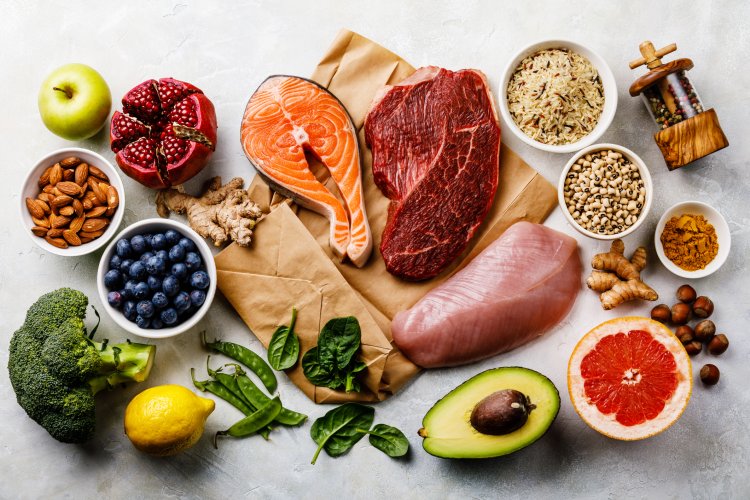
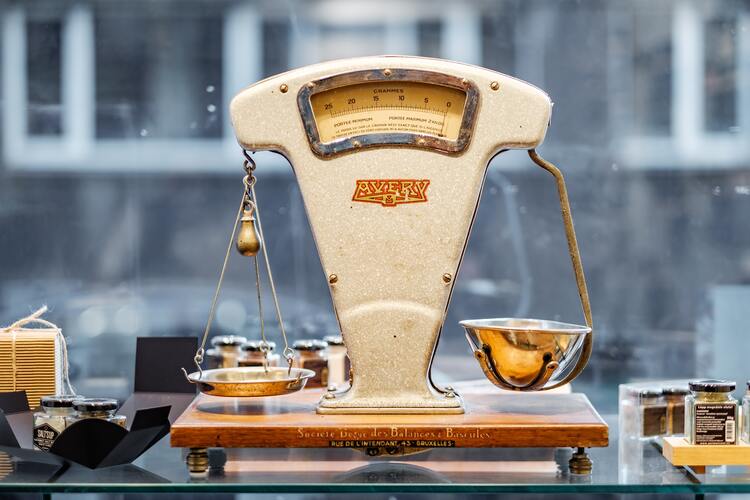
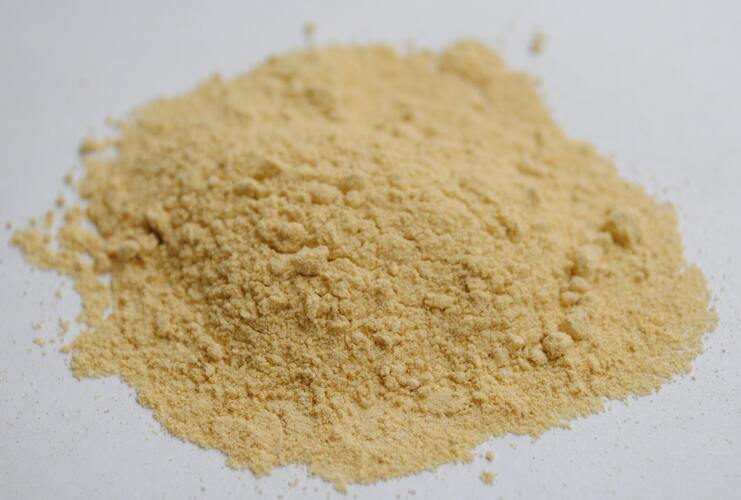
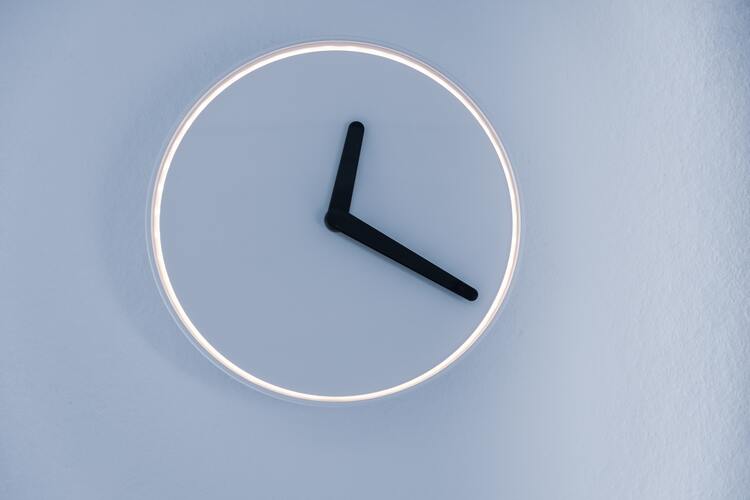



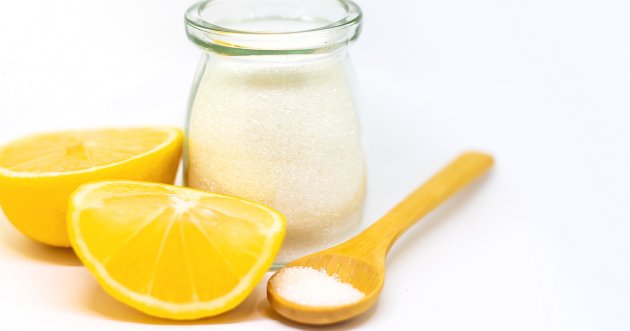
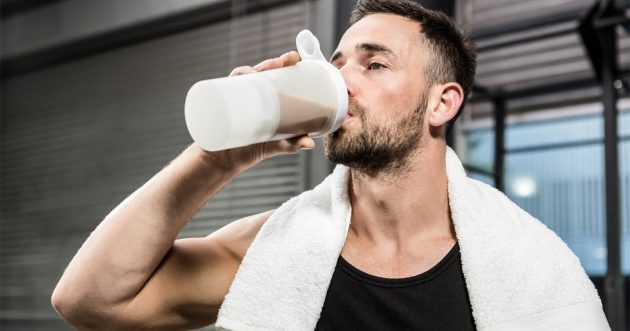


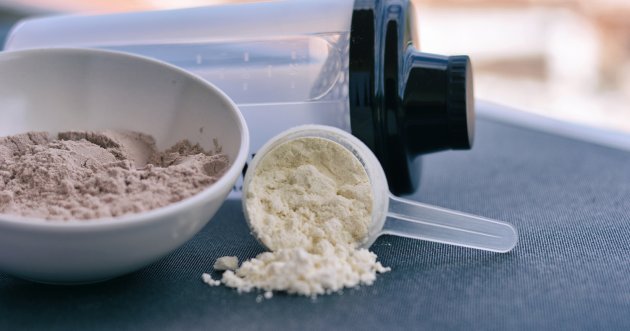

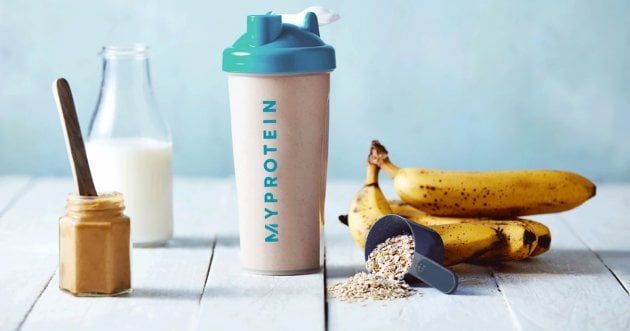


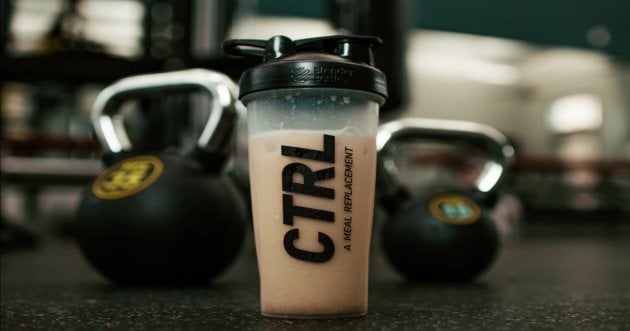



![2024 Newest ] 9 Suggestions for Stylish Knitwear Codes](https://otokomaeken.com/wp-content/uploads/2024/02/06dfb23c62425a19f32408a71c8337e4-630x331.jpg)











